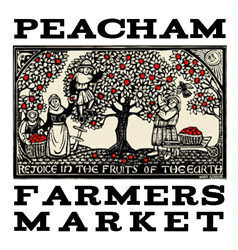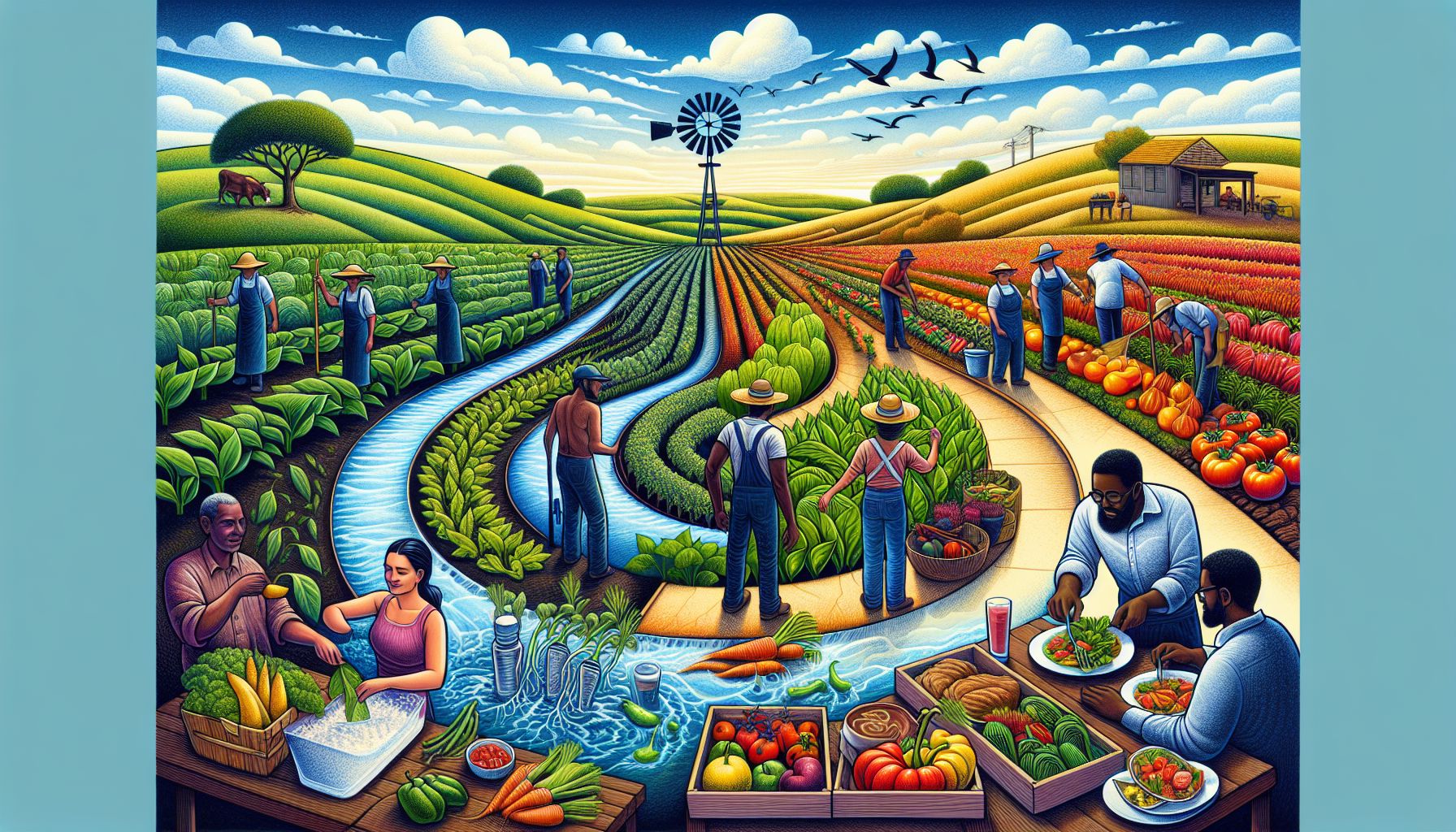In today’s world, it’s easy to forget the important role that farming plays in our daily lives. We go to the grocery store and pick up our produce without even thinking about the process that got it to our plates. But farming is not just about growing crops – it shapes economies, ecosystems, and even our cultural traditions. In this blog post, we’ll delve into the world of sustainable farming and explore how it connects us to our food in a meaningful way.
Farming and Sustainability: A Match Made in Heaven
Sustainable farming practices have gained significant traction in recent years, and for good reason. By promoting the health and well-being of both the environment and the people involved in the farming process, sustainable agriculture has the power to create a better world for all.
One of the core principles of sustainable farming is the use of resources in a way that doesn’t deplete them for future generations. This means implementing methods such as crop rotation, natural pest control, and water conservation to maintain the health of the land. By prioritizing soil health and reducing chemical use, sustainable farming not only produces healthier and more nutrient-dense foods, but it also protects the long-term viability of our planet.
The Role of Technology in Agriculture
Technology has played a significant role in advancing sustainable farming practices. From precision irrigation systems to drone technology for crop monitoring, farmers now have more tools at their disposal to make informed decisions and optimize their operations. This not only leads to increased productivity and efficiency but also reduces the environmental impact of farming.
However, the use of technology in agriculture is not without its challenges. Smaller, family-owned farms may struggle to keep up with the costs of new equipment, and the digital divide can create disparities in access to information and resources. That’s why it’s crucial for governments and organizations to support and invest in the development of sustainable farming practices for all.
The Challenges Faced by the Farming Community
While sustainable farming offers numerous benefits, it also comes with its own set of challenges. Farmers often face unpredictable weather patterns and changing market demands, which can make it difficult to produce a consistent supply of food. In addition, the costs and labor involved in sustainable farming practices can be overwhelming for small-scale farmers, who may not always see a direct return on investment.
Moreover, the COVID-19 pandemic has highlighted the vulnerabilities of our food system and the essential role of farmers in keeping our communities fed. From supply chain disruptions to labor shortages, the pandemic has posed numerous challenges to the farming community. However, it has also sparked a renewed interest in local and sustainable food systems, supporting small-scale farmers and promoting food security.
The Joy of Cooking and the Stories Behind the Dishes
As consumers, we have the power to support sustainable farming practices by choosing to cook with fresh, locally-sourced ingredients. Not only does this benefit our health and well-being, but it also connects us to the stories behind the dishes we cook. From traditional family recipes passed down from generation to generation to the fusion of cultural cuisines, food tells a story and brings people together.
One of the beautiful things about cooking is that no matter where you come from, everyone can experience the same flavors and joys of a delicious meal. So why not explore different recipes and cooking techniques from various cultures and bring some new and exciting flavors to your table? From hearty stews to exotic stir-fries, there’s a world of flavors waiting to be discovered.
The Power of Farming and Food
In conclusion, farming is an integral part of our society and the health of our planet. By supporting sustainable farming practices and choosing to cook with fresh, locally-sourced ingredients, we can make a positive impact on our environment and communities. Every dish tells a story, and every bite connects us to the people and the land that make our food possible. So let’s savor those flavors and celebrate the journey from farm to table.

